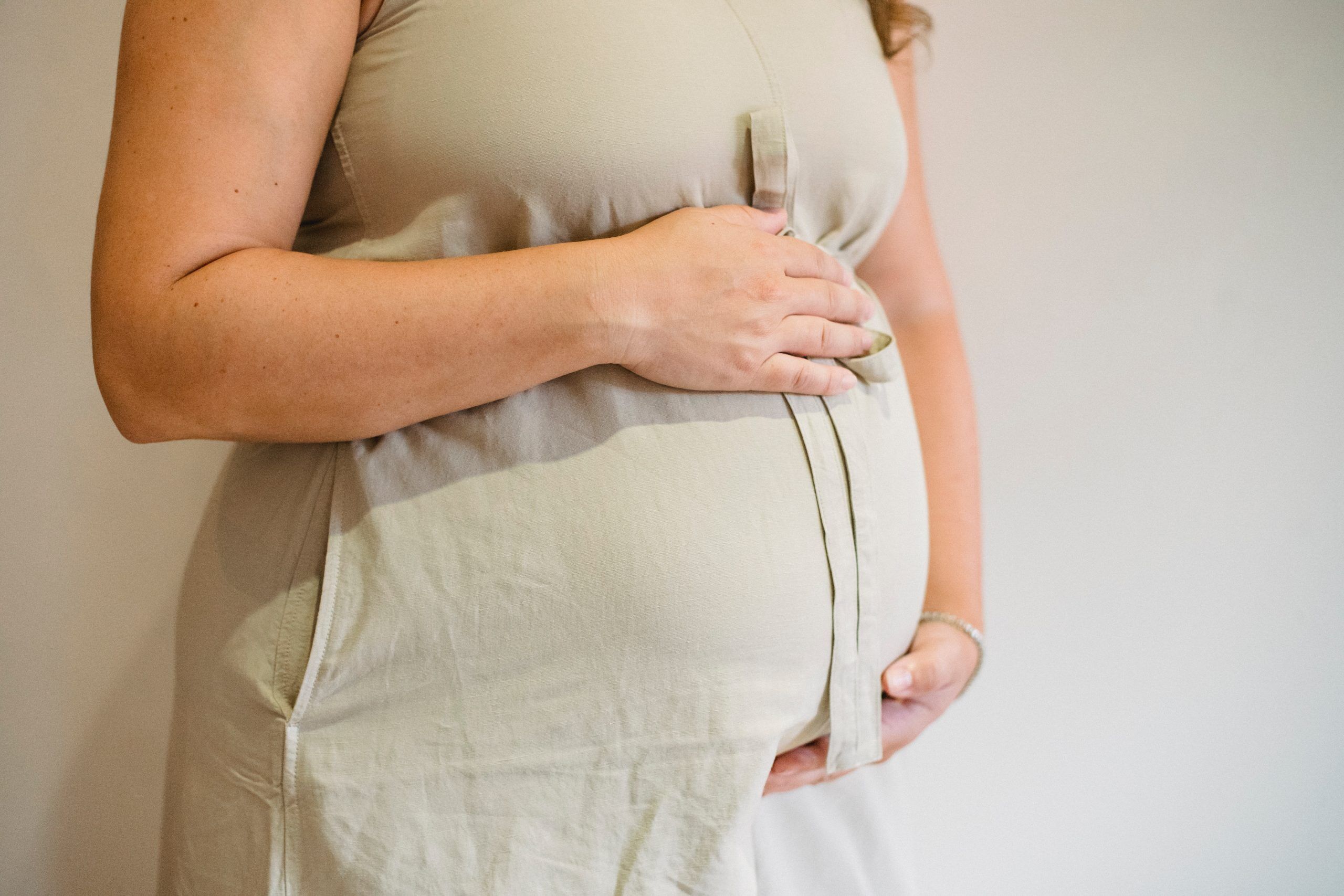
Fast facts:
Content
The clinical terms geriatric pregnancy and advanced maternal age, which refer to a pregnancy in which the birthing person is 35 or older, can feel pretty loaded.
Rest assured that many individuals have healthy pregnancies after 35 and into their 40s.
Still, the risk for certain pregnancy complications increases as you get older. When having a baby after 35, it’s important to prioritize your health before conception and during pregnancy, and to stay on track with tests and screenings.
Keep in mind that while the medical community typically recognizes 35 as the threshold of advanced maternal age, aging-related risks develop gradually. Advanced maternal age is not synonymous with high-risk pregnancy.
Here’s what to consider when planning for a baby after 35 and how to increase your chances of a healthy pregnancy.
As you might expect, the term geriatric pregnancy first originated decades ago. It has become increasingly outdated and most healthcare professionals now use the term advanced maternal age. Both terms refer to birthing people 35 years old and over.
Since the quality and quantity of your eggs gradually decline with time, there is a higher possibility of certain pregnancy complications after the age of 35.
However, having a baby within this age range does not necessarily mean you will have a high-risk pregnancy. You may need additional prenatal testing and screening.
It’s also important to set yourself up for a healthy pregnancy ahead of time. Stay proactive about preventative care and manage any existing health conditions.
Yes! While your fertility will naturally decline with age, many individuals successfully conceive after 35.
It has become increasingly common to start the family building journey at a later age. The number of people who have their first babies between the ages of 35 and 39 has increased in recent years.
There are many factors to consider when planning to start a family — and many factors involved in a healthy pregnancy beyond age. It’s up to each individual or couple to make the best decision for their needs.
Given the correlation between infertility and age, it is recommended to seek fertility treatment after six months of trying unsuccessfully to conceive naturally if you are 35 or older. (The recommended timeline for those under 35 is typically a year).
If you are over 40, consider scheduling an evaluation of your fertility before trying to conceive.
The likelihood of a c section also increases with age.
While you may have a higher chance of miscarriage at a later age, the chance of a healthy pregnancy is still much higher in most cases.
There are several reasons for the higher risk of pregnancy complications after 35.
First, the quality of your eggs decreases over time. “Older” eggs are associated with an increased rate of chromosomal abnormalities. Healthcare providers typically screen for the most common chromosomal abnormalities during the first trimester.
Secondly, your chance of developing certain medical conditions linked to pregnancy or delivery complications, such as high blood pressure, increases as you age.
In some cases, your experience of prenatal care may be similar to that of a birthing person under 35. However, it is becoming standard practice to have more frequent prenatal appointments or screenings when over 35.
If genetic screening indicates a chromosomal abnormality or genetic condition, you may require additional appointments and screenings, or earlier testing.
Your provider may also refer you to a specialist. This may also be the case if you have a health condition that impacts your pregnancy.
There are many steps you can take before conception and during pregnancy to increase your chances of a healthy pregnancy and lower your risk for complications.
Genetic screening is recommended for all pregnancies. Given the higher risk for complications, it is especially important to get all recommended screenings if you are of advanced maternal age.
*Each body is unique. Your and your baby's health is the most important aspect to consider when it comes to weight gain.
Ruth Health is here to provide you with evidence-based information and support about all things pregnancy and postpartum, so that you can make the best decisions for yourself.
Visit our resource hub for more on pregnancy, postpartum, and everything in between — and be sure to join our community by signing up below!
Content
Sign up for a FREE eBook + 20% off services

Sign up for our free e-book, plus 20% off of your next booking!